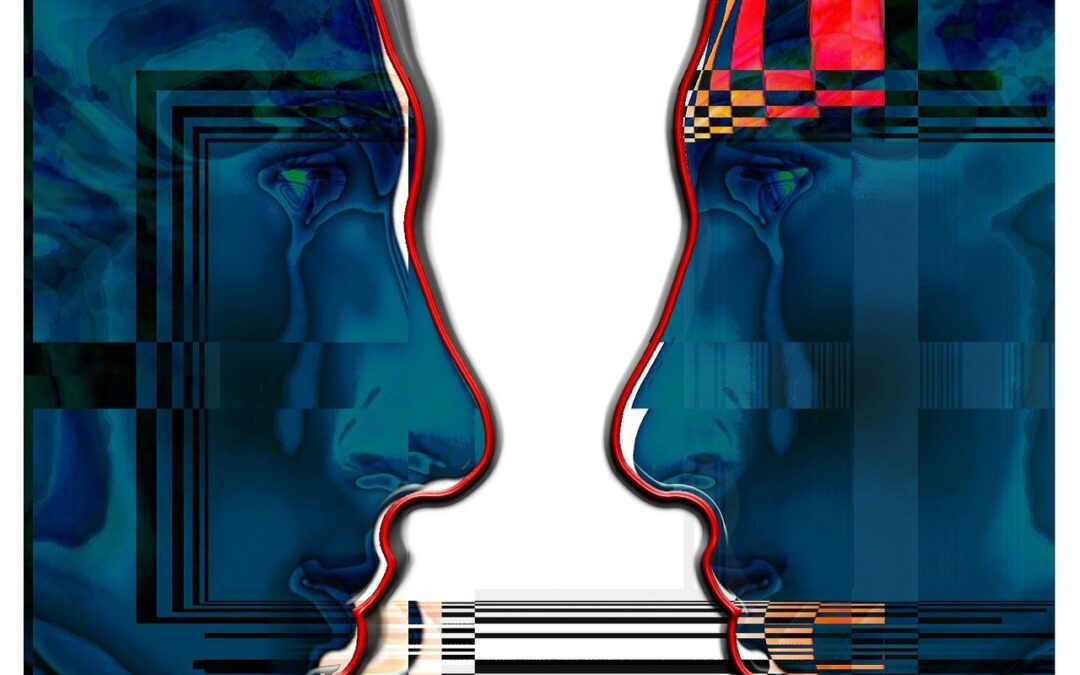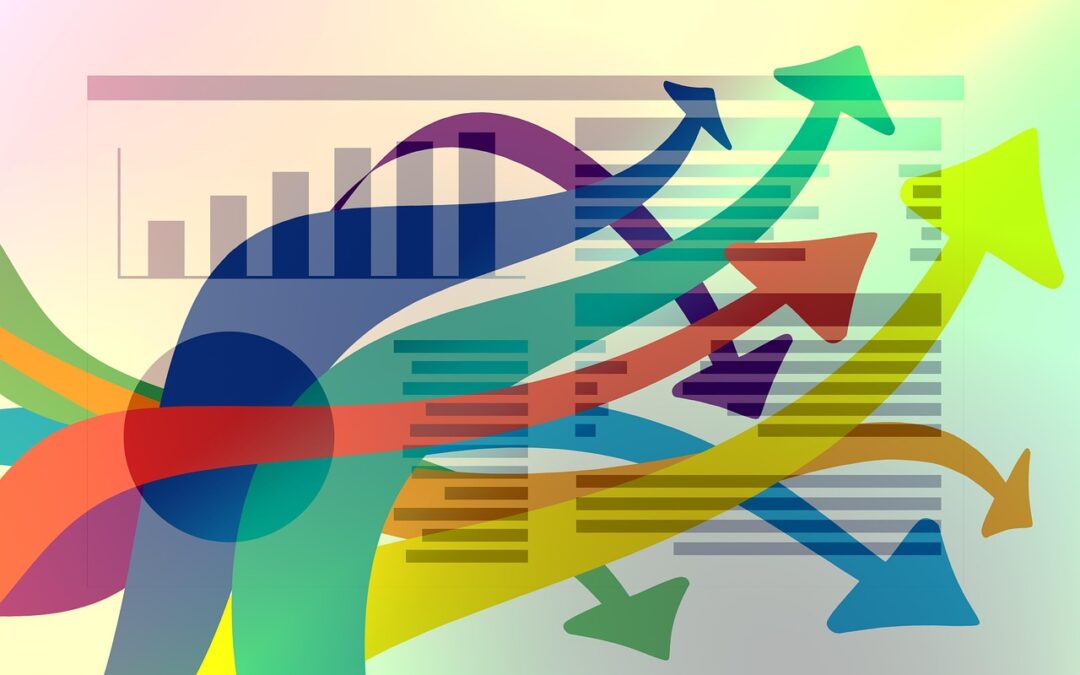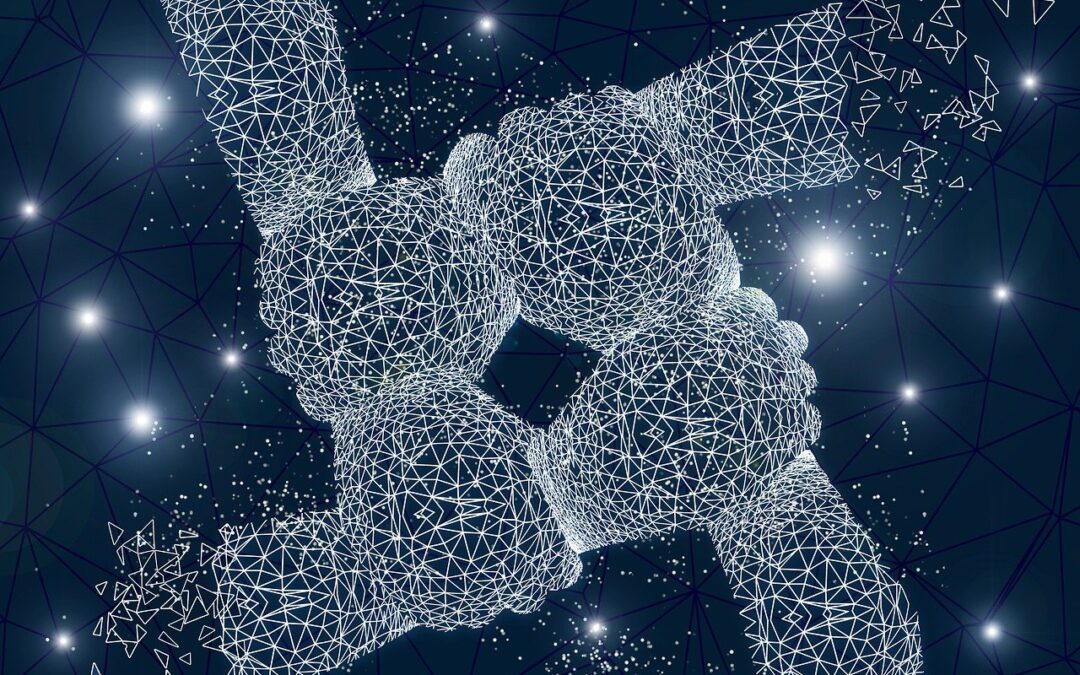
by Atiya Sheikh | Jan 21, 2026 | Board Trustees, CEO, CFO, COO, CIO, General Managers, Heads of Divisions, Leadership Development, Managing Directors, Middle Managers, News & Articles, Non-Executive Board Members, Senior Managers
The psychology of delay, why it is often emotional not logistical, and how leaders turn hesitation into decisive action
The uncomfortable truth about procrastination –
Most leaders already know the usual advice: plan better, prioritise, break tasks down, block time. Useful, yes. But it misses the real reason procrastination persists even in capable, high-performing people.
The strongest research-led explanation is surprisingly human. Procrastination is often short-term mood repair. We delay not because we cannot do the task, but because doing it triggers discomfort, and we instinctively choose relief now over consequences later.
Leaders rarely procrastinate on easy admin. They procrastinate on emotionally loaded actions: the conversation, the call, the decision, the message, the boundary.
What leaders are really avoiding
When a leader says, “I just need more time to think,” it can be true. But it can also be a socially acceptable cover for something else.
In leadership settings, procrastination often clusters around four hidden stressors:
- The identity threat – If I act and it does not go well, what does that say about me?
- The reputational risk – If I decide and people disagree, will I look wrong in public?
- The conflict cost – If I raise it, will it trigger anger, defensiveness, or a political mess?
- The moral weight – If I choose one path, who gets disappointed or disadvantaged?
Research reviews consistently link procrastination to task aversiveness, low expectancy of success, impulsiveness, and the way rewards feel distant, which is one reason deadlines suddenly create motivation.
The brain angle leaders find oddly reassuring
If you want a sharper explanation, neuroscience has explored procrastination through the lens of emotion regulation and action control.
One widely discussed finding is that procrastination relates to how effectively the brain regulates negative emotions and shifts into action, with studies pointing to connections involving the amygdala and control regions. This supports the idea that procrastination is not simply laziness, but a struggle between discomfort and regulation.
In plain terms: the task feels like a threat, and the brain nudges you towards avoidance.
The leadership version of procrastination
In organisations, procrastination is rarely “scrolling social media instead of working.” It is more polished than that. It turns up as:
- Scheduling another meeting instead of making the call
- Requesting more data when the decision is already clear
- Rewriting the email repeatedly to remove any possibility of misinterpretation
- Waiting for “alignment” when what is really needed is a line in the sand
- Delaying the feedback because you are trying to be liked and respected at the same time
A small dose of humour is helpful here because it is true: some leaders do not procrastinate by doing nothing. They procrastinate by doing everything except the one thing. That is why “structured procrastination” resonates with so many professionals, even if it is not a scientific intervention.
Why self-criticism makes procrastination worse
Here is the trap. Leaders procrastinate, then become harsh with themselves, and the harshness increases stress, which increases avoidance.
Research has linked procrastination-related stress to lower self-compassion, and suggests self-compassion can be part of breaking the cycle. This is not about being soft. It is about reducing shame so action becomes psychologically accessible again.
A practical framework leaders can use immediately
If procrastination is mood repair, the intervention is not only better planning. It is better emotional handling and clearer decision design.
Try this sequence:
Setp1 – Name the emotion in one word: Anxious, irritated, resentful, exposed, guilty, uncertain.
Step 2 – Name the threat: What exactly feels at stake? Reputation, belonging, control, fairness, identity?
Step 3 – Reduce the task to the “first irreversible step”: Not “solve the whole issue.” Just “send the message,” “book the meeting,” “state the decision,” “ask the question.”
Step 5 – Shorten the distance to reward: Temporal motivation research highlights how delay reduces motivation. Create near-term payoff: clarity, relief, momentum, fewer open loops.
Step 4 – Choose courage over comfort, in that moment: The point is not to feel ready. The point is to stop negotiating with the discomfort
A closing reflection that starts conversations
Procrastination is not always a character flaw. Often it is a leadership signal. A sign that something matters, that stakes feel high, that the emotional load is real.
A useful question to ask yourself or your leadership team is this:
What are we calling “prioritisation” that is actually avoidance?
Because the day leaders stop waiting to feel perfectly ready is often the day momentum returns.
The Right Conversation Can Change Everything. Let’s Talk.

by Atiya Sheikh | Jan 21, 2026 | Board Members, Board Trustees, CEO, CFO, COO, CIO, General Managers, Heads of Divisions, Leadership Development, Managing Directors, News & Articles, Non-Executive Board Members, Senior Managers, Women Leaders
How leaders can go beyond talent and commitment to build excellence that endures — inspired by those who hold multiple Michelin stars and unmatched standards.
Excellence feels glamorous until you watch the work behind it –
When people hear about a chef holding three Michelin stars and three hats — like Clare Smyth — it’s easy to focus on glamour. But mastery is not accidental, nor is it a weekend feat. It is the result of unglamorous repetition, focus on fundamentals, and disciplined refinement.
Most leadership content glorifies “breakthrough performance”. What few explore is how leaders sustain excellence over time, across contexts, and under pressure.
Discipline is the invisible backbone
Excellence is not a moment of brilliance. It is a daily commitment to repeat the fundamentals better than yesterday. In kitchens, studios, sports teams, and boardrooms, the pattern is the same: those who sustain peak performance are obsessed with refinement — not recognition.
In leadership, the temptation is to chase strategy, innovation, and differentiators. These matter. But without discipline — the practice of doing the right basics well — excellent strategy remains unexecuted.
The cost of consistent refinement
Sustained excellence demands continuous attention to:
- process quality
- personal reflection
- feedback integration
- resilience in setbacks
A leader who embodies these behaviours communicates more than what they do. They transmit a culture of mastery that others feel encouraged to adopt.
What separates the brilliant from the enduring
Short-lived breakthroughs are often tied to inspiration. Sustained excellence is tied to habits. It emerges where leaders internalise discipline as identity rather than imposition.
This matters because organisations often confuse enthusiasm with persistence, or charisma with consistency. Real excellence is not visible in highlights; it is visible in the day-after-date grind.
The leadership ripple effect
When discipline becomes cultural, it shifts expectations. Teams begin to see resilience not as endurance, but as rhythm. Performance becomes less about urgent peaks and more about reliable excellence.
Purpose becomes practice.
When people know that excellence is the daily baseline, they adopt behaviours that match it.
A reflection worth passing on
Ask yourself and your team:
- What behaviours are praised for their impact in the moment, rather than their value over time?
- What habits do we honour because they build sustained excellence?
When excellence is practice, not performance, everything changes.
The Right Conversation Can Change Everything. Let’s Talk.

by Atiya Sheikh | Nov 26, 2025 | Board Members, Board Trustees, CEO, CFO, COO, CIO, General Managers, Heads of Divisions, Human Resources (HR), Leadership Development, Managing Directors, Middle Managers, News & Articles, Non-Executive Board Members, Senior Managers, Women Leaders
Facial analysis and behavioural AI in hiring: what it means for fairness, bias, and whether algorithms should influence decisions. Should they influence decisions? A provocative look at fairness, ethics, and the risk of replacing judgement with algorithms
A leadership dilemma that is emerging quietly
A growing number of technology platforms now claim they can analyse a candidate’s facial expressions, micro-movements, voice tone, eye focus, and behavioural signals to predict suitability for a role. Some claim to detect confidence. Others suggest they can assess emotional reliability. A few even imply they can identify leadership potential.
The question many leaders are beginning to ask is not whether this technology works, but whether it should be allowed to shape decisions that define someone’s future.
The appeal of certainty in an uncertain hiring landscape
Hiring has always involved uncertainty. Leaders have relied on interviews, CVs, intuition, references, and observation, only to discover strengths or limitations later.
It is tempting to believe that AI can remove doubt, reduce risk, and eliminate bias. The promise sounds compelling. Data feels objective. Algorithms feel neutral. Technology feels precise.
Yet here is the truth that many overlook. Facial analysis does not measure competence. It measures conformity to the patterns of those who designed and trained the system.
The human cost hidden beneath efficiency
If facial interpretation becomes a hiring gatekeeper, who gets excluded?
- What about those who are neurodivergent?
- What about cultural differences in posture, tone, or eye contact?
- What about candidates whose thoughtful expression reads as serious?
- What about individuals whose anxiety masks capability?
A system can quietly conclude that someone lacks confidence, warmth, or leadership presence, even if none of it reflects reality.
Technology can measure movement, but it cannot recognise humility, integrity, courage, empathy, or strength of character.
The myth of bias-free technology
AI is often presented as objective. But every dataset reflects the preferences, assumptions, norms, and demographics of the humans who built it.
- If historic hiring rewarded extroversion, the system will reward extroversion.
- If leadership has been modelled on a narrow profile, the algorithm will reproduce it.
- If certain faces have held power, those faces will be scored as more suitable.
Technology does not remove bias. It automates it. And it scales it.
Why leaders are vulnerable to adopting these tools now
Workforces are stretched. Talent shortages are real. Time to hire is under pressure. Boards want certainty. Regulators demand fairness. The cost of a hiring mistake feels higher than ever.
In moments of pressure, leaders are most likely to outsource judgement. But outsourcing judgement comes with a price. Once leaders surrender discernment, they surrender humanity in the process.
What hiring is truly about
Hiring has never been simply about selecting skills. It is about understanding potential. It is about recognising values. It is about sensing maturity, adaptability, resilience, and capacity to grow. It is about reading the person, not the face.
Leadership development is a human discipline. It requires human interpretation.
A more responsible path forward
Technology can support hiring, but it should never replace the leader’s ability to see the whole person.
There are three grounding questions that help leaders stay anchored.
- Is this technology enhancing fairness or disguising bias behind complexity?
- Is it improving insight or relieving leaders of uncomfortable responsibility?
- Is it honouring human dignity or reducing individuals to data points?
If leaders cannot answer confidently, the organisation should pause.
Facial analysis in recruitment may appear modern, efficient, and scientific. Yet beneath the surface lies a profound risk to diversity, fairness, and the essence of what it means to recognise talent.
Here is a question worth asking in any senior leadership conversation.
If your early career had been judged by an algorithm reading your face, would you be where you are today?
And here is the insight that stays with people long after the conversation ends.
The future of hiring should not be shaped by how a face is interpreted, but by how a leader recognises potential in another human being.
Leaders who understand this will build organisations that perform strongly, decide wisely, and remain unmistakably human.
The Right Conversation Can Change Everything. Let’s Talk.

by Atiya Sheikh | Oct 24, 2025 | Board Members, Board Trustees, CEO, CFO, COO, CIO, Emerging Leaders, General Managers, Heads of Divisions, Junior Managers, Leadership Development, Managing Directors, News & Articles, Senior Managers
Incremental improvement is no longer enough. Let’s explore how leaders can reimagine value creation, embrace experimentation, and lead business model reinvention with clarity and courage.
The question every leadership team should be asking
If we had to start this business again today, would we build it the same way? For many leaders, the honest answer is no. Markets, technologies, and expectations have changed. Yet many organisations keep polishing yesterday’s model, hoping tomorrow will reward it. Incremental change feels safe. Exponential reinvention feels risky. But standing still is riskier still.
The illusion of progress
It is easy to look busy while falling behind. Upgrading systems, tweaking structures, launching add-ons — all signs of activity, not necessarily evolution. If your core way of creating value has not changed, you are not innovating; you are optimising the past. Reinvention begins when leaders ask,
“What business are we really in, and what business should we be in next?”
The signs it is time to rethink
Business model fatigue often shows up quietly:
- Margins erode despite rising sales.
- Decisions slow down.
- Teams protect the status quo instead of exploring what is possible.
When these patterns appear, it is time to reimagine, not just refine.
Reinvention is renewal, not disruption
Reinvention does not mean destroying what exists. It means rediscovering what gives your organisation life and extending it into the future. It could be shifting from ownership to access, from selling products to offering experiences, or from competition to collaboration. Whatever the form, it begins with curiosity.
The leadership challenge: creating space for possibility
Innovation rarely dies from lack of ideas; it dies from lack of permission.
Leaders set the tone. When every risk is punished, people play small.
When experimentation is valued, imagination returns.
Reinvention thrives where leaders replace certainty with curiosity.
A simple framework for renewal
- Identify where your model is under strain.
- Envision a future-fit approach to value creation.
- Pilot quickly, learn fast, adjust often.
- Build governance that rewards insight, not only outcomes.
This process turns reinvention into a disciplined practice rather than a desperate leap.
The human side of exponential growth
Behind every transformation is trust. People must believe that change builds on what they have achieved, not erases it. Leaders who honour the past while inviting the future create a sense of shared ownership. They communicate openly, involve teams in shaping the “how,” and celebrate learning, not just results. Because reinvention is powered by belief, not just capital.
A final reflection
Incremental change polishes what exists. Exponential change reimagines what is possible. Both have value, but only one prepares an organisation for the future. The leaders who will define the next decade are those who can balance stability with boldness.
Ask your leadership team,
“If we were starting again today, what would we do differently — and what stops us from doing it now?”
That single question could open the door to your organisation’s next chapter.
The Right Conversation Can Change Everything. Let’s Talk.

by Atiya Sheikh | Oct 24, 2025 | Board Trustees, CEO, CFO, COO, CIO, General Managers, Heads of Divisions, Non-Executive Board Members, Senior Managers
As artificial intelligence reshapes business, the real question is no longer can we innovate but should we? Let’s explore what ethical leadership looks like in the age of AI — and why integrity may be your organisation’s most powerful differentiator.
Let us start with a question
How many leadership conversations about AI begin with excitement and end with uncertainty? We talk about efficiency, automation, and scale. But somewhere in the middle, a quiet question emerges: “Are we sure this is right?” That question rarely makes it to the PowerPoint. Yet it is the question that will define the next generation of leaders — those who understand that innovation without integrity is unsustainable.
The tension every leader feels right now
If you lead a business today, you are probably under pressure to innovate faster than ever. Clients expect it. Investors demand it. Competitors flaunt it. But innovation is no longer just a technological race; it is an ethical one. Every decision — from how we use data to how we automate — touches human lives in visible and invisible ways. The hard truth? Moving fast is easy. Moving fast and responsibly is leadership.
The real cost of “move fast and break things”
It sounds clever until it is your brand’s reputation, your employee’s job, or your customer’s privacy that breaks. Organisations have learned this lesson the hard way: algorithmic bias, data misuse, over-reliance on automation. It is not malice; it is momentum — innovation running faster than reflection. And when trust is lost, no technology can restore it.
What ethical leadership looks like in practice
It is simpler and harder than we think.
- Ask the purpose question early. Why are we doing this? Efficiency is good, but is it right?
- Keep humans in the loop. Technology should enhance judgement, not replace it.
- Make ethics visible. Discuss it in board meetings, team briefings, and reviews.
- Reward integrity. Celebrate those who raise uncomfortable but necessary questions.
A conversation that belongs at the top table
Ethical leadership is not the compliance team’s job. It is the leadership team’s shared responsibility. When ethics is treated as an afterthought, we react. When it becomes part of strategy, we lead. Imagine every innovation meeting starting with one simple question:
“If this goes perfectly well, who benefits — and who could be left behind?”
That question reframes risk, fairness, and impact better than any policy ever could.
The human side of innovation
Behind every algorithm sits a set of assumptions — written by humans, shaped by culture, and amplified by systems. That is why ethical leadership begins with self-awareness. Leaders who understand their own values and biases make wiser choices. They build cultures where teams feel safe to ask, “Is this the right call?” rather than, “Will this hit the target?”
The shift from rules to conscience
Ethical frameworks are useful, but conscience is powerful. Regulations prevent wrongdoing; values inspire right-doing. And in an age where AI can replicate skill but not judgement, conscience is the leader’s competitive edge.
A closing reflection
We used to ask: Can we do it? The more urgent question now is: Should we — and how? As innovation accelerates, so must our capacity for reflection. Leaders who balance speed with integrity will define what responsible innovation truly means. So, next time your team celebrates a new digital breakthrough, pause and ask:
“What would integrity look like here?”
That single question might be your most important innovation this year.
The Right Conversation Can Change Everything. Let’s Talk.





